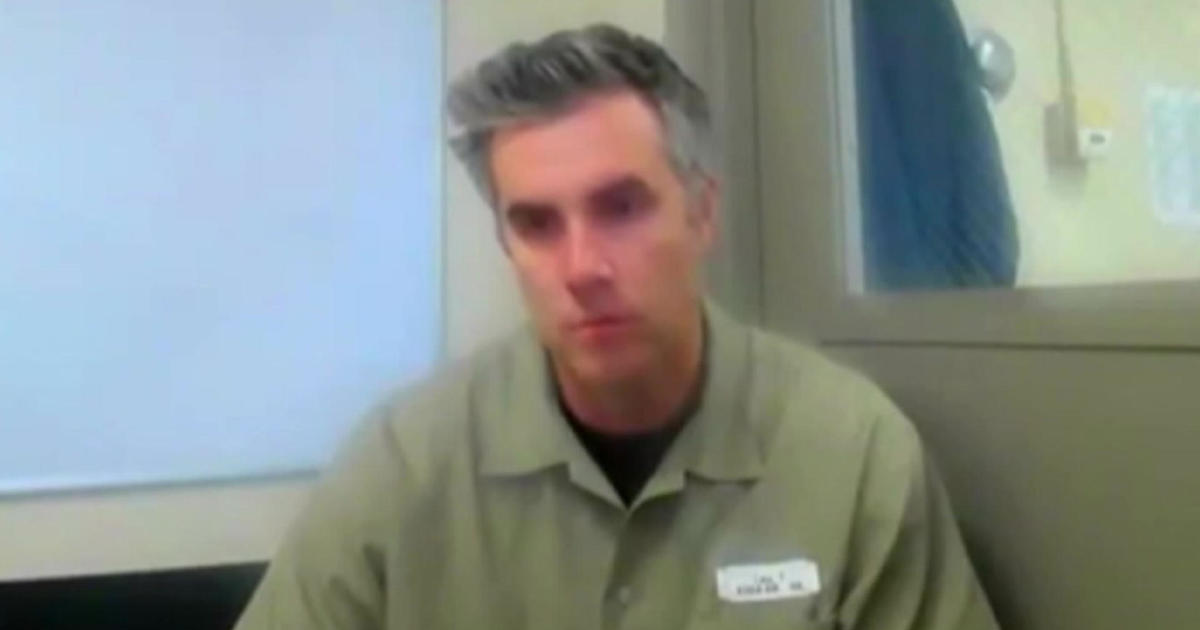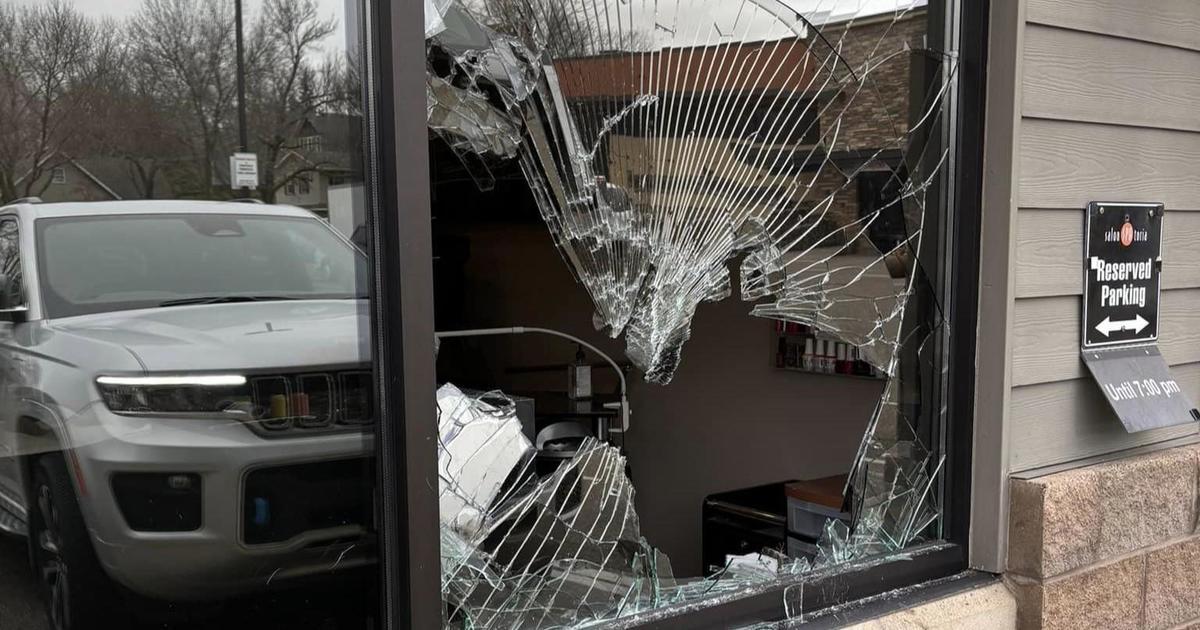Jury In Toyota Case Told To Disregard Driver's Prison Time
MINNEAPOLIS (AP) — The judge presiding over a lawsuit against Toyota over a 2006 crash that killed three people told jurors at the outset of the trial Thursday to disregard that one of the drivers was sent to prison before he was released amid reports of a sudden acceleration problem affecting some of the automaker's cars.
Koua Fong Lee was convicted of criminal vehicular homicide and spent 2½ years in prison after the crash, in which his Camry slammed into the back of a family's Oldsmobile at high speed, killing two people instantly, paralyzing a young girl who died 16 months later and permanently injuring two other people.
Lee has always maintained that his car accelerated on its own as he was exiting Interstate 94 in St. Paul and that he pumped its brakes but to no avail, and he and his family and the other family are suing Toyota over the crash.
Lee's attorney, Robert Hilliard, said during his opening statement that the crash was caused by a design defect involving a plastic pulley in Lee's Camry's mechanical accelerator control system that the Japanese automaker failed to identify. He said the evidence will contradict Toyota's claim that the car wasn't defective and that Lee mistakenly hit the gas instead of the brake in the seconds before the crash.
Lee won a new trial after reports started surfacing of sudden acceleration in other Toyota models that had electronic throttles, though a major reason was the ineffective defense that his original lawyer put up. Prosecutors quickly decided against a retrial, and the same Ramsey County judge who sent him to prison ruled in December that he was eligible to collect under a new state law that compensates the wrongly imprisoned.
U.S. District Judge Ann Montgomery told jurors Thursday that the issues in the two cases are "very different" and that Lee's criminal case isn't relevant to the civil case.
"You will not be asked to award Mr. Lee money for the time he spent in prison," Montgomery said. She pointed out that Lee's 1996 Camry LE V6 was among the Toyota models that were recalled because of the sudden acceleration issue.
"You should not consider the sudden acceleration recalls for any reason in this case," the judge said.
The case instead is focusing on whether Lee's car was defective, the severe or fatal injuries suffered by people in the Oldsmobile and the lesser injuries suffered by Lee and his family, who were on their way home from church at the time. Killed instantly were the Oldsmobile driver, Javis Trice-Adams Sr., and his 9-year-old son, Javis Adams Jr. who are not subjects of this lawsuit. His 6-year-old niece, Devyn Bolton, was left paralyzed and died 16 months later. Two other passengers in Trice-Adams' car, his father Quincy Adams and daughter Jassmine Adams, suffered permanent injuries but survived and will testify.
"A happy, healthy family whose lives were ripped apart in a few seconds because of Toyota's actions," said Bill Markovits, an attorney for Devyn's mother and Quincy Adams.
Markovits said doctors told Devyn's mother that they expected the girl would be paralyzed and in a vegetative state if she survived, yet she regained her sunny disposition and mental functions and eventually attended second grade with the assistance of a nurse before she died of complications. He said Quincy Adams suffered a traumatic brain injury that still affects him.
Jassmine Adams' attorney, Anne Brockland, told the jury of the fear and pain she endured while trapped in the back seat, and of her long road back from a devastating hip injury that will require further surgery for Jassmine, who is now 20. Brockland had to console a weeping Adams after her opening statement.
Hilliard acknowledged that the physical injuries suffered by Lee's family weren't so serious. But he said Lee still suffers from "the prison inside his mind" from knowing he was driving the car that caused such a devastating crash.
"Sometimes the most devastating injuries a human can suffer are on the inside," Hilliard said.
Driver in Toyota case says he's still haunted by crash
A man who spent 2½ years in prison after a crash in his Toyota that killed three people in Minnesota says he's still haunted by the accident.
Taking the stand in a lawsuit against the Japanese automaker, Koua Fong Lee told jurors his heart races and his body shakes every time he thinks about the accident.
Lee was the leadoff witness Thursday in the lawsuit over the 2006 crash. Lee was driving a 1996 Camry that slammed into the back of a family's Oldsmobile. He's among several plaintiffs seeking damages from Toyota over the crash.
Lee has always maintained that he pumped his brakes but the car wouldn't stop. Toyota says Lee's car wasn't defective and he hit the gas instead of the brake.
(© Copyright 2015 The Associated Press. All Rights Reserved. This material may not be published, broadcast, rewritten or redistributed.)



